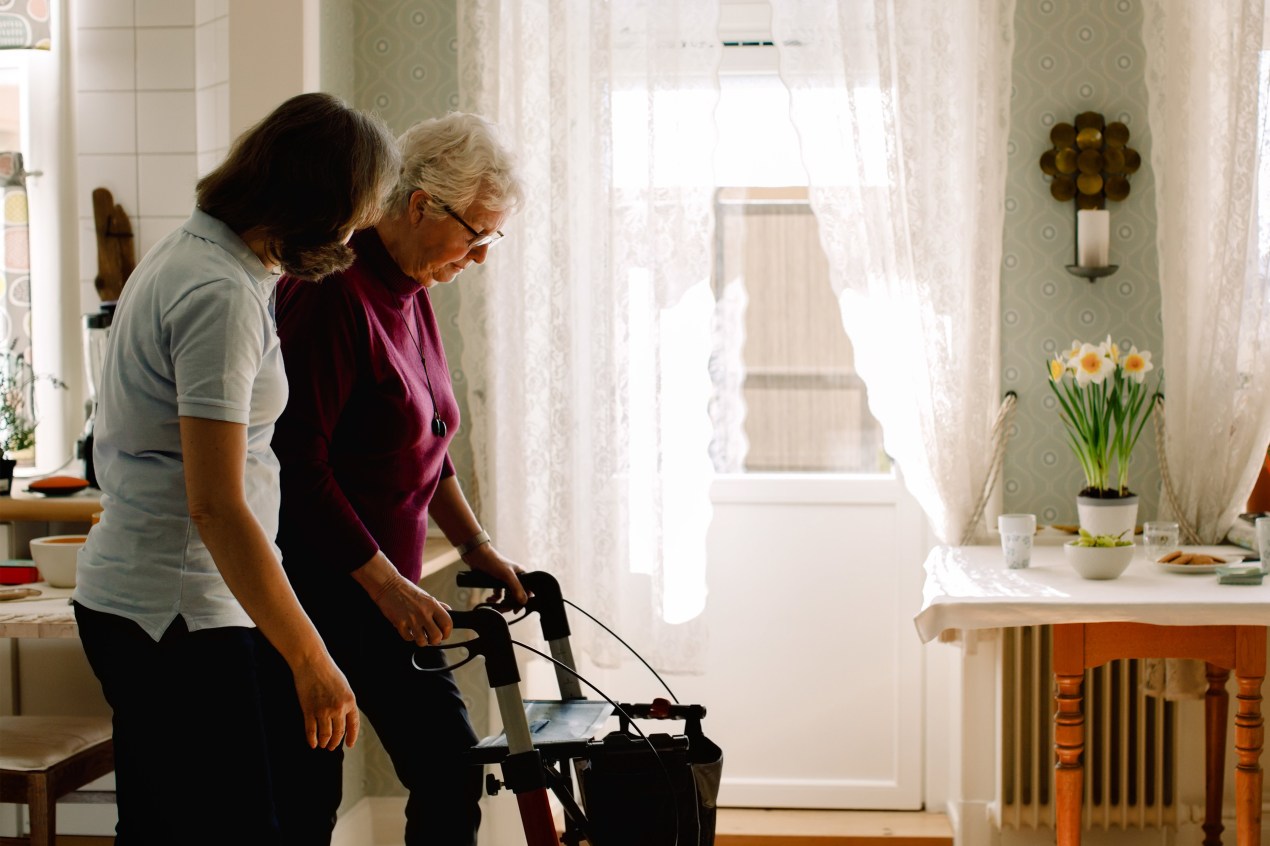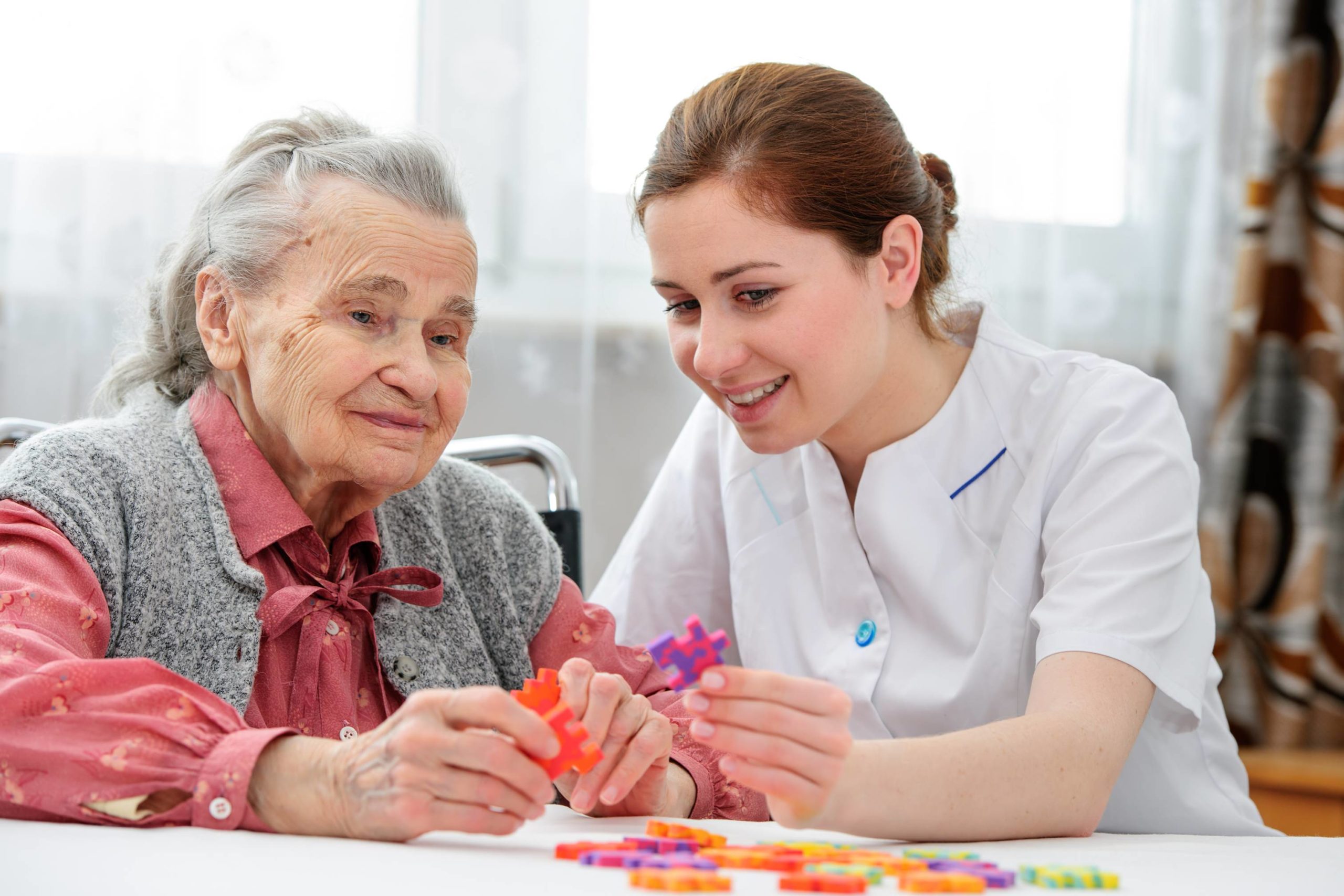Individualized Dementia Care Charlotte: Recognizing Your Family member's Distinct Needs
Individualized Dementia Care Charlotte: Recognizing Your Family member's Distinct Needs
Blog Article
Reliable Mental Deterioration Treatment Strategies for a Better Top Quality of Life
In the realm of mental deterioration treatment, the implementation of efficient methods is important for improving the quality of life for both individuals affected by the disease and their caregivers. Comprehending the unique phases of dementia enables tailored treatments that deal with the advancing demands of individuals-- from promoting cognitive interaction in the very early stages to guaranteeing dignity in late-stage care. The significance of interaction methods and a helpful atmosphere can not be overstated. What particular strategies can be taken on to cultivate an environment of compassion and link throughout this challenging trip?
Understanding Mental Deterioration Phases

In the early stage, people may experience mild memory loss and trouble with familiar tasks. Treatment approaches ought to concentrate on preserving self-reliance and providing cognitive stimulation. In the late stage, individuals may lose the capacity to connect and need support with everyday tasks.
Acknowledging these phases enables caregivers to adjust their strategies and offer assistance that lines up with the individual's current demands, inevitably assisting in much better monitoring of the condition and improving the general caregiving experience. Recognizing mental deterioration stages is therefore a fundamental facet of efficient dementia care.
Communication Methods
Efficient communication is an essential element of mental deterioration care, especially as the illness progresses via its various phases. As cognitive abilities decrease, it ends up being necessary to adapt communication techniques to fulfill the demands of people with dementia. Utilizing clear, basic language is essential; caregivers must prevent intricate sentences and jargon, choosing instead for straightforward, succinct expressions.
Non-verbal communication plays an equally substantial role. Face expressions, motions, and tone of voice can share heat and understanding, often enhancing verbal messages. Keeping eye call and an open position promotes a sense of connection and safety, motivating individuals with dementia to engage more totally in conversations.
It is additionally valuable to be individual and enable enough time for responses. Individuals might require additional time to process info and develop their ideas. If understanding shows up doing not have., duplicating or rephrasing concerns might be necessary.
Lastly, focusing on the person's rate of interests and individual history can assist in a lot more significant interactions. Participating in acquainted subjects can evoke positive memories and feelings, further enriching the communication experience (memory care facilities charlotte). By using these methods, caregivers can considerably enhance the top quality of communications, advertising dignity and regard for individuals living with dementia
Developing a Safe Setting
Producing a safe setting for people with mental deterioration is vital to promoting their wellness and independence. A properly designed area can significantly minimize the dangers of accidents and improve the lifestyle for those impacted by this condition. Key factors to consider consist of reducing clutter and making certain clear pathways to help with movement. Eliminating or safeguarding potential hazards, such as loose click reference rugs, sharp objects, or hazardous substances, is essential in stopping drops and injuries.
Illumination plays a critical role too; utilizing natural light wherever possible and integrating evening lights can aid individuals navigate their surroundings securely. Furthermore, identifying rooms and vital things can assist memory and alignment, lowering complication and anxiousness.
It is likewise vital to develop a familiar atmosphere by individualizing the area with photographs or cherished things, which can evoke favorable memories and a feeling of belonging.
Incorporating furniture that is both comfortable and functional adds to a supportive environment, permitting individuals to take part in daily tasks easily. Eventually, a safe environment not only safeguards against physical risks yet likewise promotes a complacency, which is important for the psychological well-being of those living with dementia.
Involving Regimens and tasks
Involving activities and structured regimens are important elements in the care of people with dementia, as they promote cognitive function, psychological stability, and social communication. These tasks need to be tailored to the person's interests, capacities, and stage of cognitive decrease. charlotte care home. Straightforward, repeated tasks such as horticulture, arts and crafts, or food preparation can supply significant engagement, allowing people to utilize their skills while fostering a sense of accomplishment
Developing a day-to-day regimen aids produce a foreseeable atmosphere, which can minimize anxiousness and confusion. This framework can consist of assigned times for dishes, activities, and rest, ensuring a well balanced technique to every day life. Incorporating social communications right into these regimens, such as team tasks or checking out family, more enhances emotional health and fights feelings of seclusion.
In addition, physical tasks, such as strolling or dancing, not only promote physical health but additionally promote mental interaction. Urging participation in area events or support teams can supply added possibilities for socializing. On the whole, the assimilation of structured routines and engaging activities is necessary in enhancing the high quality of life for individuals with mental deterioration, cultivating independence and dignity while addressing their unique requirements.
Supporting Caretaker Wellness
Looking after people with dementia can be a requiring and mentally straining experience, making it critical to prioritize view it now the health of caretakers. Caretakers frequently face high degrees of anxiety, stress and anxiety, and physical exhaustion, which can cause burnout otherwise dealt with properly. To sustain their health, it is necessary to implement a diverse technique.
First, offering caretakers with accessibility to education and resources can equip them with strategies to handle day-to-day challenges. Assistance groups, both in-person and online, offer a system for sharing experiences, cultivating a feeling of neighborhood, and minimizing sensations of isolation. In addition, reprieve treatment solutions make it possible for caregivers to take necessary breaks, allowing them time to recharge and participate in to their own wellness needs.
Moreover, encouraging caretakers to participate in self-care techniques-- such as regular workout, healthy and balanced consuming, and mindfulness-- can considerably boost their durability. Advertising open interaction about their sensations and challenges with member of the family or professionals also aids relieve psychological worries.
Verdict
To conclude, effective dementia treatment strategies include an extensive understanding of the illness's stages, the application of clear communication techniques, the establishment of a safe atmosphere, and the promotion of structured routines and appealing activities. In addition, prioritizing the wellness of caregivers is important to sustaining high quality treatment. By incorporating these approaches, the total lifestyle for people with mental deterioration can be significantly improved, promoting an encouraging environment that advertises dignity and psychological wellness.
In the realm of dementia care, the execution of reliable strategies is vital for enhancing the high quality of life for both individuals influenced by the illness and their caretakers. By employing these methods, caretakers can dramatically improve the quality of interactions, promoting dignity and regard for individuals living with dementia.

Caring for people with dementia can be a demanding and emotionally straining experience, making it vital to prioritize the wellness of caregivers.
Report this page